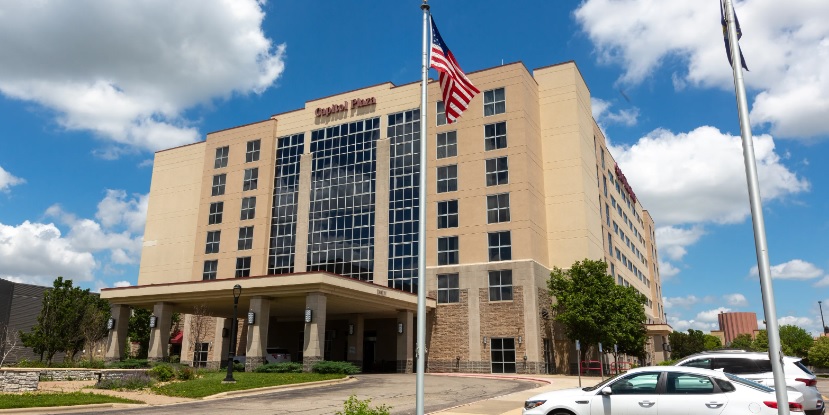City Council's Controversial Hotel Purchase Raises Concerns
FEATURED


In a recent decision that has sparked controversy, certain members of the City Council have come under scrutiny for their purchase of a hotel that some argue was not in the best interest of Topeka.
In a recent decision that has sparked controversy, certain members of the City Council have come under scrutiny for their purchase of a hotel that some argue was not in the best interest of Topeka. This article aims to critically analyze the decision-making process behind the hotel purchase and shed light on the concerns raised by the public. Questionable Decision-Making:
The decision to purchase the hotel has been met with criticism from residents who question whether it aligns with the greater good of Topeka. Many argue that it is not the role of elected council members to invest public funds in ventures that may not benefit the community as a whole. This raises concerns about the council's priorities and their ability to make sound decisions on behalf of the city.Lack of Transparency:
One of the main issues raised by the public is the lack of transparency surrounding the reasoning behind the hotel purchase. The council's explanation that they wanted to prevent the hotel from falling into the hands of someone who wouldn't maintain it has been met with skepticism. Without clear evidence or a comprehensive analysis, it is difficult for the public to understand the true motivations behind this decision. Financial Implications:
The financial aspect of the hotel purchase has also come under scrutiny. The price tag of $7.6 million for a hotel that was already struggling financially raises questions about the council's due diligence in assessing the investment. Additionally, the consultant fee of $516,300 and the cost of Schwerdt Design's assessment, not to exceed $157,680, further add to the financial burden on the city. Ongoing Expenses:
Another point of contention is the revelation that an additional $10 million would be required to run the hotel independently. This raises concerns about the long-term financial sustainability of the project and whether it is a wise use of taxpayer money. The public is left wondering why such a significant investment was made without a clear plan for the hotel's future operations. Looking for a Buyer:
The decision to now seek a buyer for the hotel has only added to the frustration expressed by the public. Many see this as a clear indication that the council's decision to purchase the hotel was ill-advised and lacked a comprehensive long-term strategy. The public's reaction reflects their disappointment and lack of confidence in the council's decision-making process. Conclusion:
The City Council's decision to purchase the hotel has raised valid concerns among the residents of Topeka. The lack of transparency, questionable financial implications, and the need for additional funds to run the hotel independently have all contributed to the public's skepticism. It is crucial for the council to address these concerns and provide a more comprehensive explanation to regain the trust of the community. The future of the hotel and its impact on the city's economy will undoubtedly be closely monitored by the public, who expect sound decision-making and responsible use of taxpayer money from their elected officials.
